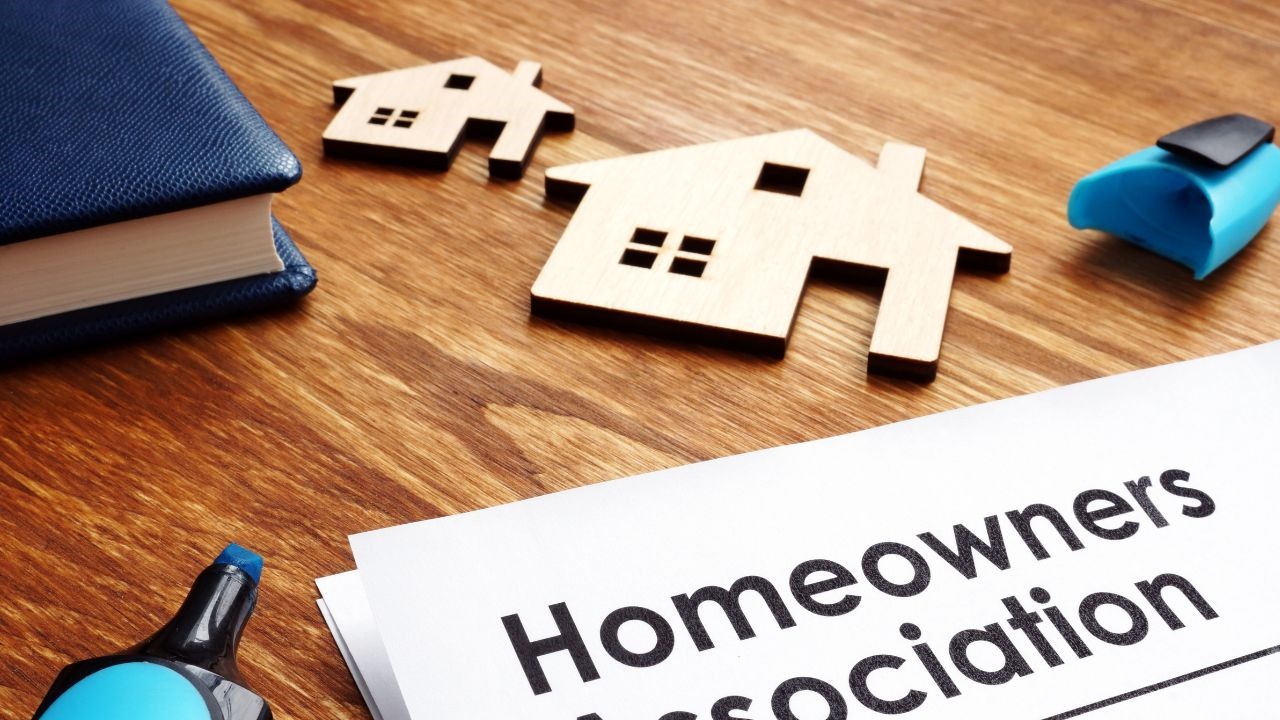What to Expect from Your HOA Condo Organization
What to Expect from Your HOA Condo Organization
Blog Article
The Role of an HOA in Developing and Enforcing Community Guidelines for Residents
The function of a Homeowners Organization (HOA) in establishing and applying community standards is basic to preserving a organized and natural domestic setting - hoa condo. By formulating clear policies that control aspects such as residential property upkeep and neighborhood conduct, the HOA not just sets requirements for citizens yet also promotes a feeling of belonging and accountability. Nevertheless, the execution of these standards can present different obstacles, questioning regarding interaction, neighborhood, and justness involvement. As we check out these intricacies, it ends up being obvious that the effect of an HOA prolongs far beyond mere rule enforcement.
Understanding Homeowners Organizations
Homeowners associations (HOAs) function as controling bodies for domestic communities, playing an important role in keeping home values and cultivating a sense of area. Normally formed by programmers, HOAs are composed of property owners within a marked area that elect a board to look after the association's tasks. The main features of an HOA include applying neighborhood regulations, handling usual areas, and arranging neighborhood occasions.
HOAs operate under a set of controling records, including covenants, constraints, and problems (CC&R s), which lay out the civil liberties and duties of homeowners. These guidelines aim to make sure that residential properties are kept to a certain standard, thereby safeguarding the aesthetic appeal and total value of the community. In addition, HOAs typically accumulate dues from property owners to money upkeep, landscape design, and other social work.
The presence of an HOA can dramatically influence the living experience within a neighborhood (hoa condo). While some residents appreciate the organized setting and services offered, others might find specific policies restrictive. Stabilizing the passions of all home owners is important for an HOA to function successfully, guaranteeing that it offers its designated function of boosting neighborhood living while valuing private house owner legal rights
Developing Neighborhood Guidelines

To begin, an HOA ought to conduct studies or convene that enable residents to voice their issues and ideas. This participatory procedure fosters a feeling of possession and boosts conformity. Next, the HOA board must analyze the comments to identify common motifs and concerns that warrant formal inclusion in the standards.
It is also vital to make certain that the guidelines are clear, succinct, and easily recognized. Obscurities can lead to misconceptions and disputes, weakening the function of the standards. The standards ought to be comprehensive, covering various aspects of area living, consisting of residential or commercial property upkeep, sound levels, and usage of typical locations.
Enforcement of Regulations
Reliable enforcement of neighborhood rules is important for preserving order and making certain that all homeowners follow the developed standards. An HOA needs to execute an organized approach to enforce these regulations, which commonly includes a combination of surveillance, communication, and penalties for non-compliance.
First, routine assessments and community patrols can assist identify violations, ensuring that rules are constantly used throughout the area. This proactive surveillance allows the HOA to address problems before they intensify, cultivating a feeling of responsibility amongst citizens.
2nd, clear interaction is vital. Citizens must be educated of the regulations and the procedures for reporting violations. An open line of interaction motivates citizens to voice problems and seek information on guidelines, which can enhance conformity.

Last but not least, when infractions take place, the HOA has to impose effects as outlined in the controling papers. This may include alerting letters, penalties, or, in severe instances, legal activity. It is essential that charges are applied relatively and continually to preserve count on within the community. By efficiently applying rules, an HOA can grow an unified living atmosphere that shows the collective worths of its residents.
Advantages of HOA Rules
Various advantages occur from the implementation of HOA policies, which serve to boost the top look at this now quality of life within a neighborhood. One main advantage is the upkeep of residential or commercial property values. By imposing see page standards for looks and maintenance, HOAs ensure that homes and usual areas remain eye-catching, cultivating a desirable living atmosphere that can bring about boosted property values with time.
Additionally, HOA policies advertise consistency and harmony within the community. This coherence in style and upkeep assists to produce a feeling of belonging amongst citizens, adding to neighborhood pride and a positive environment. Established guidelines promote conflict resolution among next-door neighbors by supplying clear expectations and procedures for habits, thereby decreasing disputes.
Another substantial advantage is the arrangement of common services and solutions. Many HOAs manage community centers such as clubhouses, parks, and swimming pools, which boost leisure possibilities for residents. These amenities not just boost the high quality of life however also motivate social communication.
Inevitably, the laws set forth by an HOA cultivate a well-organized, unified community, making sure that citizens delight in a high standard of living while cultivating an encouraging setting for all house owners.
Typical Challenges Faced by HOAs
In the middle of the advantages that property owners associations (HOAs) can give, they likewise experience a range of challenges that can impede their effectiveness. One substantial problem is the absence of resident involvement. Lots of property owners might not take part in meetings or area tasks, leading to a separate between the HOA board and homeowners. This disengagement can result in misconceptions about community standards and an absence of support for enforcement initiatives.
One more difficulty is the enforcement of regulations and regulations. Conflicts can develop when citizens really feel that enforcement is inconsistent or biased, possibly resulting in problems within the neighborhood. In addition, HOAs commonly encounter monetary restrictions, which can limit their capacity to preserve typical areas or fund community projects. This can create dissatisfaction among homeowners who expect high requirements of maintenance.
Furthermore, navigating lawful intricacies can be intimidating for HOAs. They should make sure conformity with state legislations while handling their very own regulating files, which can be a resource of complication. Transforming demographics and evolving neighborhood needs need HOAs to adjust their standards, usually satisfying resistance from long-standing citizens who are accustomed to conventional standards. Dealing with these challenges is crucial web for promoting a growing and unified area.
Final Thought

By creating clear policies that govern elements such as building upkeep and neighborhood conduct, the HOA not only sets standards for locals but also promotes a sense of belonging and liability.Homeowners organizations (HOAs) offer as regulating bodies for residential areas, playing a critical role in keeping building values and promoting a sense of area. Many property owners may not get involved in meetings or neighborhood activities, leading to a detach between the HOA board and locals. Altering demographics and advancing neighborhood needs call for HOAs to adapt their guidelines, commonly fulfilling resistance from enduring citizens that are accustomed to traditional norms. With the development of clear laws and regular enforcement, HOAs promote building upkeep, neighborhood satisfaction, and trust amongst citizens.
Report this page